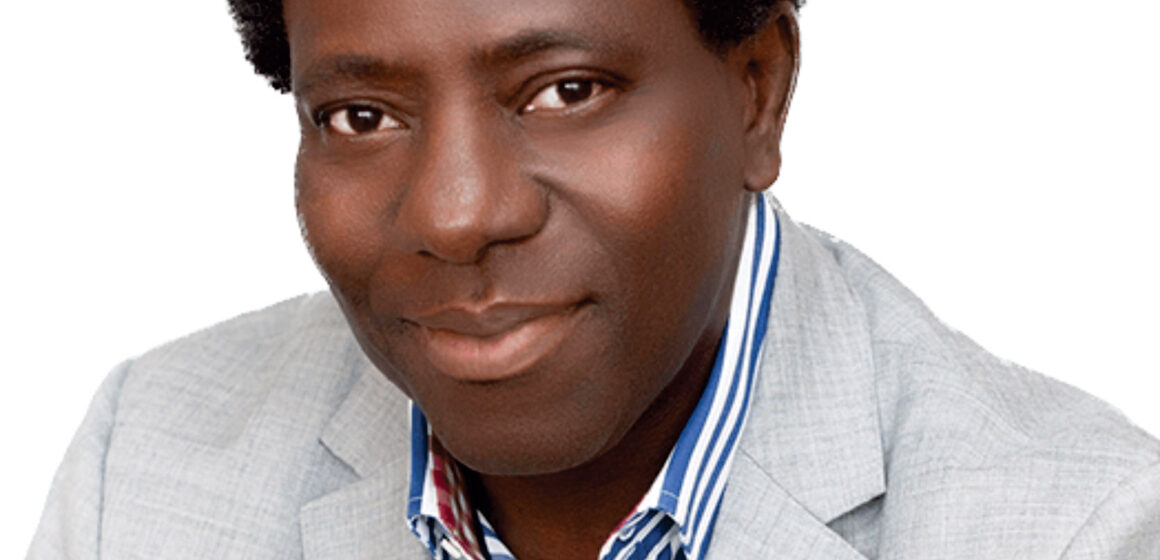In the latter half of 2022 the Canadian housing market was almost brought to a halt by the surging mortgage rates, bringing to an end the country’s years-long real estate boom. Buying a home will probably not get easier in 2023, as the same challenges that existed in 2022 are expected to carry over into 2023, mortgage rates are expected to remain high, housing demand, and prices also to remain high. However, first time buyers will get some help in the form of the First Home Savings Account.
“We will prevent foreign investors from parking their money in Canada by buying up homes,” Finance Minister Chrystia Freeland said in April. On January 1, 2023, a two-year ban on residential real estate purchases by non-Canadians and non-permanent residents went into effect. The rationale behind the ban makes sense: less demand is better for buyers fighting over limited housing supply. But studies show that foreign buyers account for a small percentage of real estate purchases in most Canadian markets, and the country’s immigration target for 2023 — 447,055 — will likely put more pressure on housing stock than the ban relieves.
There doesn’t seem to be a housing crash in sight for 2023. Our conservative lending practices, stable economy and favourable demographic trends makes the Canadian real estate market somewhat insulated against a catastrophic bottoming out. The market is however not immune to the odd correction, where sales fall and prices stall after a period of mega growth. In 2023, CREA predicts that national home sales will fall by only 2.3% to around 520,000 units. The national average price is expected to remain virtually flat — increasing by only 0.2%. On a provincial level, CREA projects only three provinces to experience a dip in their average sale price, British Columbia, Ontario and Manitoba. And that dip could be minimal: The average price in both B.C. and Ontario is expected to decrease by only 1.2%, and should remain well over $900,000.
Canada’s population grew at a steady pace, but our housing supply isn’t increasing at nearly the same rate, which is a major reason why the country’s housing market will remain under constant pressure in 2023 and beyond. Other factors that could affect housing supply in 2023 include labour shortages in the construction sector and rising material and labour cost. High interest rates also greatly increase the cost.
By mid 2023 we will witness the launch of the First Home Savings Account, a tax-free savings and investment tool designed to help Canadians tackle the considerable challenge of purchasing a home. The First Home Savings Account may not help you buy a home in 2023, but if you’re planning a purchase in a few years, it’s worth looking into now. The FHSA will allow buyers to set aside a maximum of $40,000 to put toward the purchase of their first home. Contributions will be tax-deductible and max out at $8,000 a year. Saving up $40,000 over a minimum of five years may not sound all that wonderful, but think of an FHSA as an alternative tax free savings account and it starts looking a little better. Your $40,000 can be invested in a range of different assets same as TFSA, that can help that money grow, tax-free.
You can’t control inflation or housing supply, but you can control your finances. Try to pay down your debts – if any, save as much as you can for your down payment. Paying your credit card bill on time every month will ensure that your credit score remains in good standing. In an ideal world, you’ll pay off the entire balance, but at the very least, you need to make the minimum payment. If you ever find yourself struggling to meet your payments, see if another product, like a line of credit, can help you until you get back on your feet.
All is not Gloom and Doom in the housing market in 2023. Thinking of Buying or Selling in 2023, come talk to us. At Royal LePage Atlantic, Helping you is what we do.




Leave a Reply